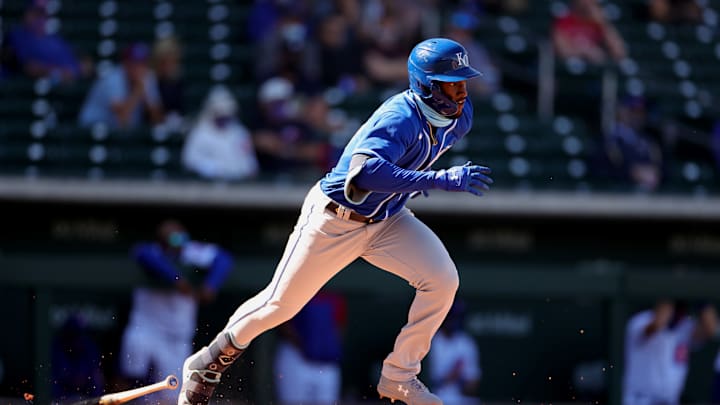It seemed as if baseball was closing in on a labor agreement on Wednesday, but the international draft proved to be a sticking point between the player's union and the owners. The SF Giants have recent experience with why the players might be opposed to the idea of the international draft.
SF Giants: A case study on why the player's do not want an international draft
Currently, there are three methods by which amateur players can join organizations. The first method is through the draft, which is 20 rounds and takes place each year in June or July. If a player does not get selected in the draft, then he can still sign a professional contract as an undrafted free agent.
The third method is the international free agent signing period. The timing of it has shifted in recent years, but it used to take place on July 2. All 30 teams are provided with bonus pool that they can use to sign international prospects.
The owners want to create a more uniform method by holding an international draft that covers both national and international amateur players. Of course, the owners are likely pushing this idea to control costs. Baseball has effectively shrunk the minor leagues in recent years by reducing the number of rounds in the draft and consolidating the minor league affiliates to reduce expenses.
An international draft potentially helps to reduce costs by combining two different bonus pools into one. The key is leverage. International players would lose leverage in an international draft assuming slot values continue as they do.
There is a major difference between getting drafted to one team with an assigned slot value compared to having the market bid for your services. Not surprisingly, the players are against this idea and the SF Giants have a really good case study as to why this is
Back in 2015, the Giants were connected to one of the top international free agents in Bahamanian shortstop Lucius Fox. As the 2015 J2 international period opened on July 2, Fox and the Giants agreed to a massive $6 million signing bonus. Seven years later, that remains the largest signing bonus that the Giants have given to an international free agent.
However, Fox's case is quite unique. He moved to the United States when he was 12-years-old and attended American Heritage High School in Plantation, Florida. He was scouted as a high school prospect and believed that he would be selected in the second round of the 2015 draft.
The slot value for a second round pick in 2015 was below $2 million. This would be life-changing money but Fox and his family were presented with an opportunity and they made a business decision. He moved back to the Bahamas just in time to be declared for the 2015 international free agent signing period.
He knew that the international market was far more lucrative than the drat market and earned three times what he would have received through the draft This is one example of why the player's union is opposed to the international draft. It likely means less earning potential for international players.
Oftentimes, that signing bonus is the only major payday that professional baseball players receive, so it needs to count. Every year, teams allocate significant capital to the international market in the hopes of finding the next Fernando Tatis Jr. or the next Juan Soto.
The Giants were no different as they agreed to a $2.2 million signing bonus with infield prospect Ryan Reckley out of the Bahamas in January. So, the players nixed the idea of an international draft because it likely presents fewer opportunities and a smaller payday for amateur prospects. This should not be the topic that holds up labor talks, but for now, it is.
